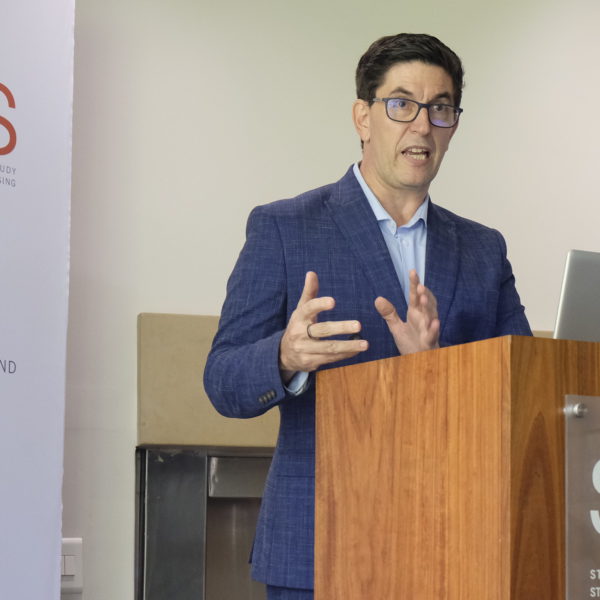Changed circumstances since the adoption of the primary international human rights treaties, a multitude of scattered education rights norms, and distinct new challenges require a “reframing” of the right to education in international law. Challenges which have led to a global crisis in education include privatisation, commercialisation, and digitisation; in times of globalisation, ignoring the need for human rights to apply “beyond borders” (extraterritoriality); poverty and a(n) (ostensible) lack of resources; Western hegemony in education, inequality, and exclusion; and unsustainable development. All of these phenomena have their ultimate basis in neoliberal ideology. Critiquing neoliberalism, a crucial purpose of this research is to start designing proposals for reforming the international right to education through hard and soft law. Central to the project is the production of a Research Handbook on the Right to Education, notably also addressed to those who can initiate reforms at United Nations and regional human rights levels. However, the project will also continue work on “cultural rights” other than the right to education. Research will thus focus on aspects of, and the interrelationship between, the right “to enjoy the benefits of scientific progress and its applications” (also termed the right to science), authors’ rights as human rights, and “freedom indispensable for scientific research” (scientific and academic freedom) – and, where relevant, these rights’ links, in turn, with the right to education.
Menu
Share this project:
Share on whatsapp
WhatsApp
Share on email
Email
Share on facebook
Facebook
Share on twitter
Twitter
Share on linkedin
LinkedIn
Is any information on this page incorrect or outdated? Please notify Ms. Nel-Mari Loock at [email protected].


